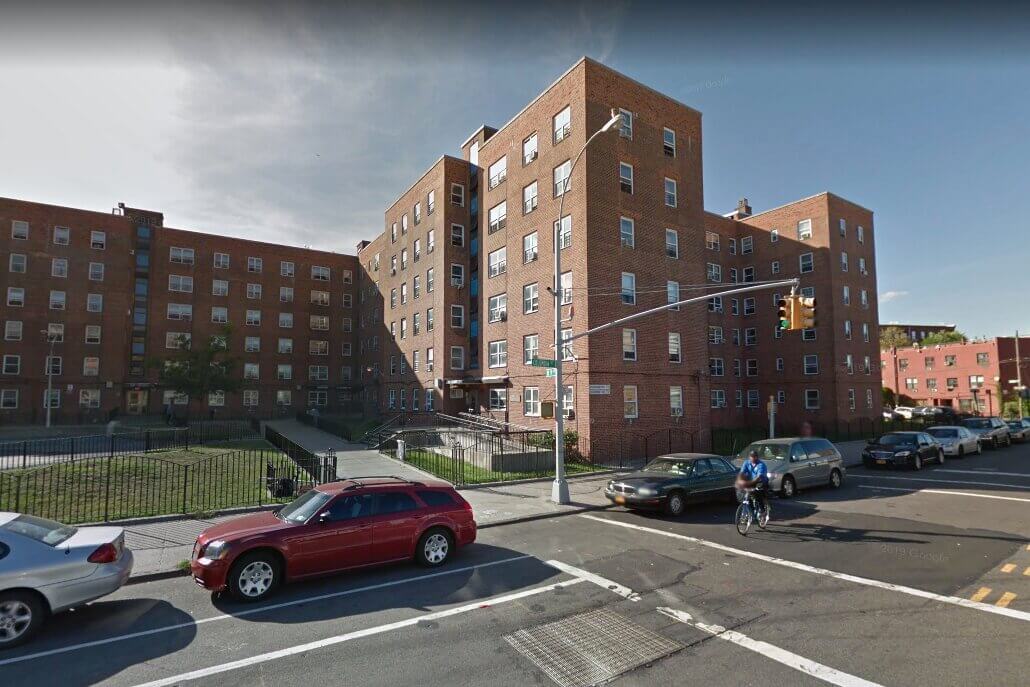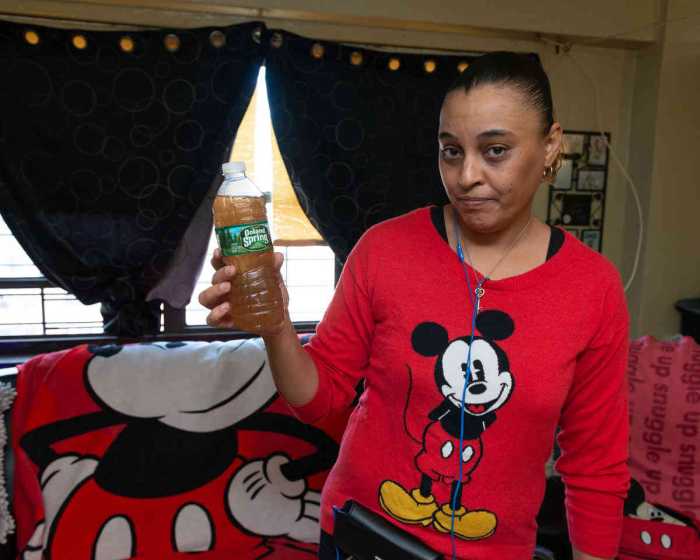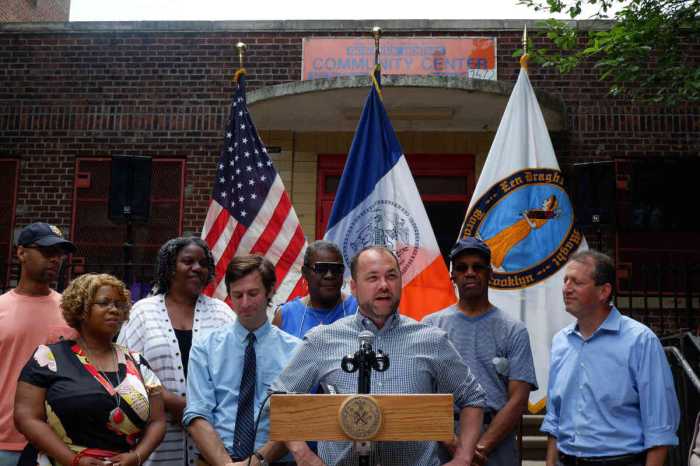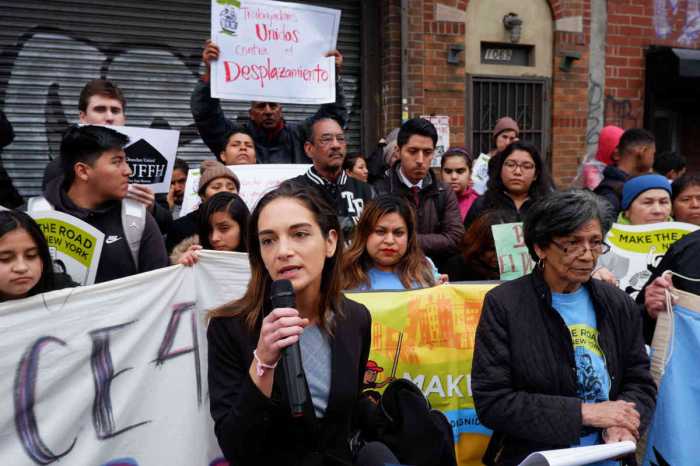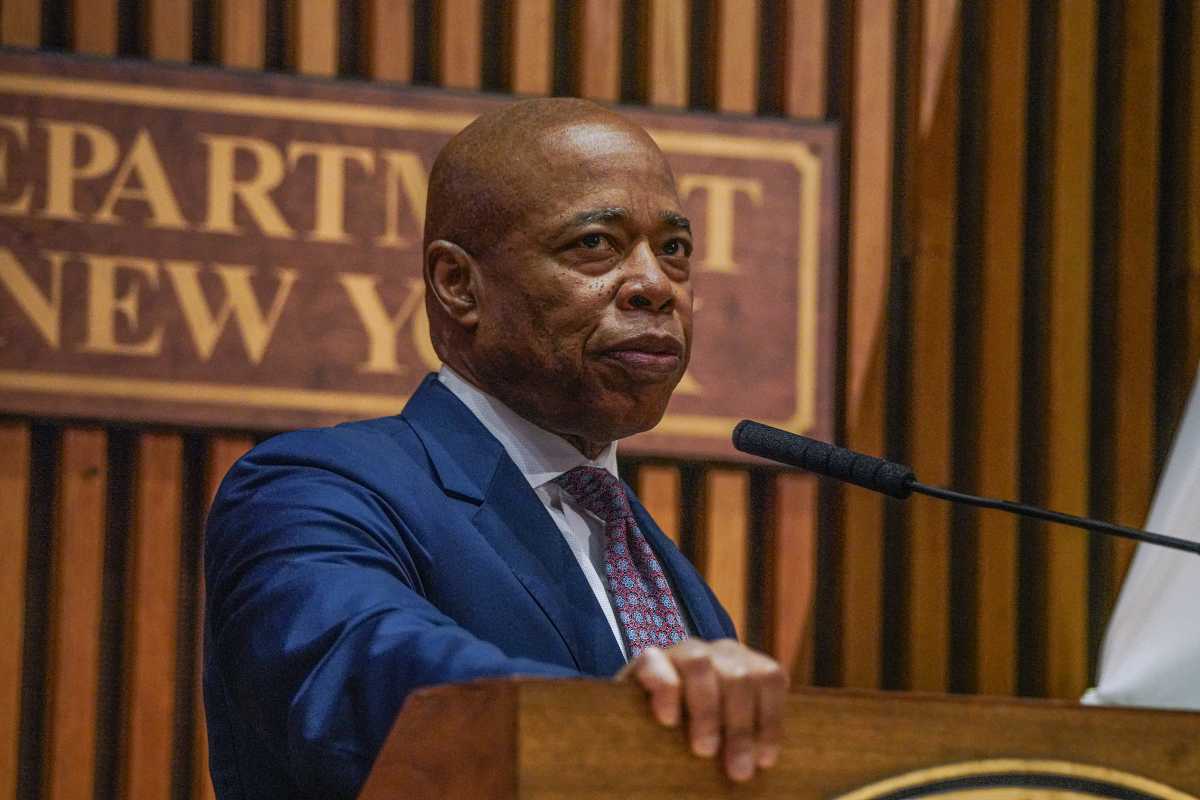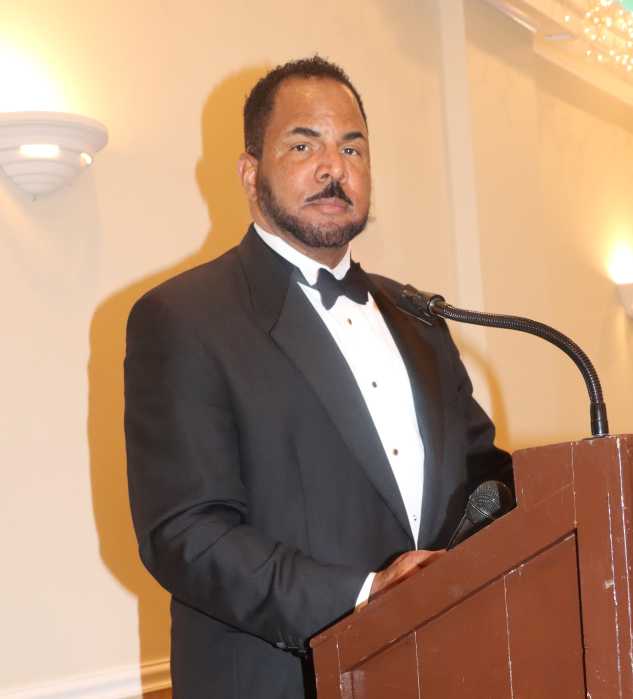State lawmakers on Thursday approved the formation of the New York City Housing Authority “Preservation Trust,” a new public entity that proponents say will allow for a massive influx of money into the city’s beleaguered public housing stock, where 350,000 New Yorkers live in properties all across the five boroughs.
The measure, which passed the State Assembly on Wednesday and the Senate on Thursday, would create a new city-owned public benefit corporation with the power to borrow money by issuing bonds, allowing for a significant stream of revenue into the nation’s largest public housing agency, which through years of defunding, neglect, and deferred maintenance by all levels of government, has about $40 billion in outstanding capital needs.
The legislation would allow NYCHA to lease 25,000 apartments to the trust, converting them from the feds’ Section 9 funding program to Section 8. Proponents say the move would unlock billions of dollars for repairs to NYCHA’s aging properties, where outages of heat, hot water, and elevators are constant, ancient boilers are in desperate need of replacement, mold and vermin run rampant, and crucial repairs to residents’ apartments are unaddressed for long periods of time.
“For decades, NYCHA residents have been promised repair after repair that never materialized, but, with the Public Housing Preservation Trust, we will finally deliver on those promises and offer NYCHA residents the dignity and safe, high-quality, affordable homes they deserve,” Mayor Eric Adams said in a statement upon the bill’s passage through both houses. “My administration fought tirelessly alongside residents and our partners in Albany to pass this bill that will unlock critical resources, with legal protections, to keep residents at the center of the process of improving their homes.”
Soon after passage, Hochul said she would sign the bill into law.
“This is a major win for New Yorkers who call NYCHA home,” the governor said. “This legislation has the power to unlock additional federal funding and lead to billions of dollars in renovations — after decades of federal disinvestment — and provide for critical improvements at developments across the city.”
The measure had support from a wide range of the city’s leading Democratic officials, from Mayor Eric Adams to socialist Brooklyn State Sen. Julia Salazar. Many considered it the best of a host of unsavory options to bring desperately needed money to NYCHA: others have included Rental Assistance Demonstration, where thousands of apartments have been brought under private management, or selling air rights at the authority’s sprawling complexes.
The trust will be city-owned, and properties taken over by the trust will remain under permanent ownership by NYCHA. Tenants will still be eligible for automatic lease renewals and succession rights, and be able to form tenant associations. Crucially, rents would still be capped for NYCHA residents at 30% of their income.
The most recent version of the legislation also prioritizes buy-in from residents before developments undergo conversion: tenants would be able to vote on whether their complex converts to Section 8, and on which vendors will be chosen to take on repair work.
Nonetheless, many residents have expressed hesitation over the trust, for reasons similar to apprehension over RAD. Many fear the trust is a beckon for privatization of public housing and eventual displacement; nine of ten members of the “Citywide Council of Presidents,” a consortium of tenant association leaders, were against the proposal, The City reported last month.
While NYCHA properties leased to the trust would remain under public stewardship, their repairs would be at least partially financed with private investment dollars, rather than public subsidy.
While Albany managed to pass major legislation for public housing residents, tenants in private housing were not so lucky. Lawmakers failed to pass “good cause eviction,” which would cap rent increases statewide at 3% in most cases and prohibit landlords from evicting tenants unless they could prove “good cause,” like nonpayment or lease violations. Housing advocates hitched their wagon to good cause and spent months lobbying for its passage, amid extreme price gouging in the city’s rental market forcing many tenants to leave their homes, but they were met by a massive lobbying blitz from landlords that stopped the legislation in its tracks.
Albany also failed to repeal-and-replace 421a, a controversial but widely-used property tax break for real estate developers building housing in the city. The tax break is now expected to formally expire on June 15.


